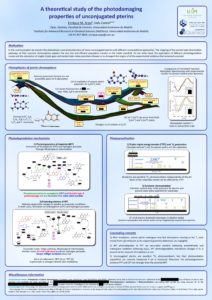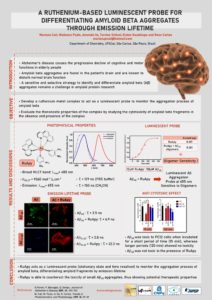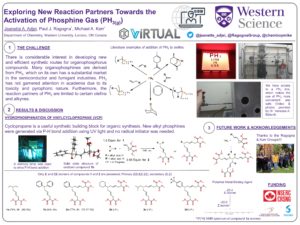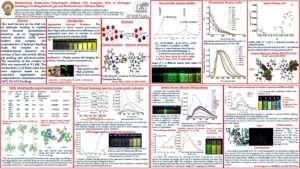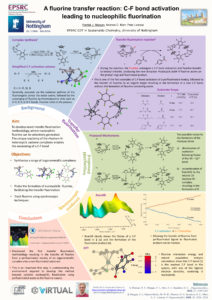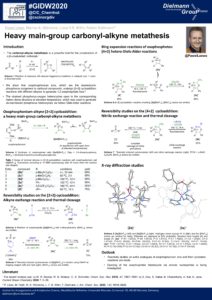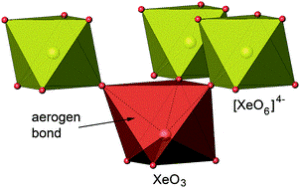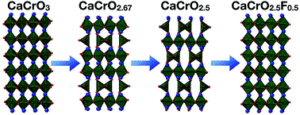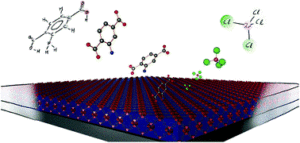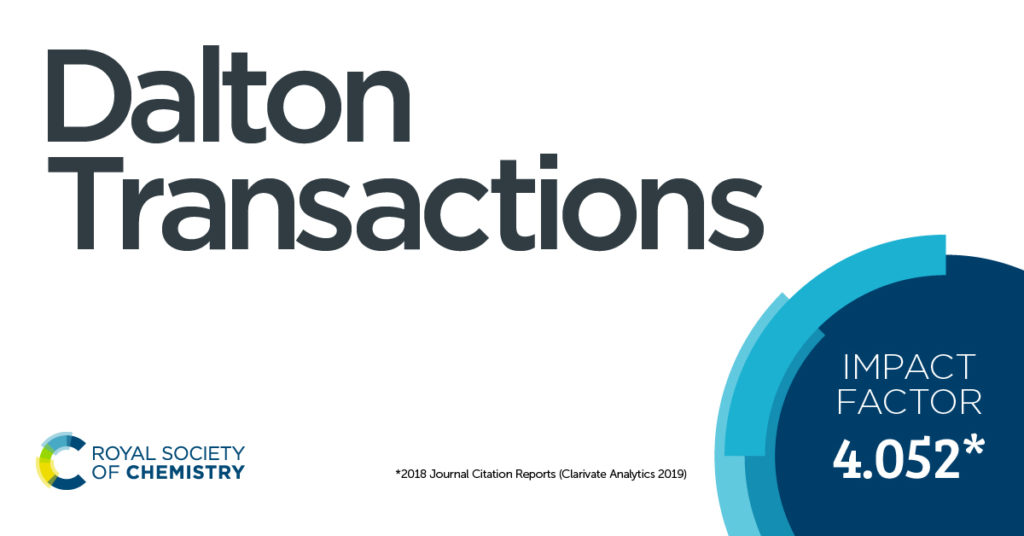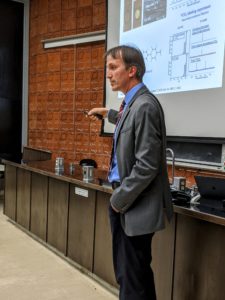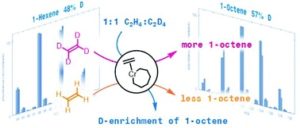We would like to offer a very warm welcome to our new Dalton Transactions Associate Editor Professor Maarit Karppinen!

Maarit Karppinen received her doctoral degree in inorganic chemistry from Helsinki University of Technology in 1993. After holding shorter-term teaching and research fellow positions in Finland, she accepted first a one-year visiting professorship and later in 2001 a regular associate professor chair in Japan at the Materials and Structures Laboratory, Tokyo Institute of Technology, where she brought the deep chemistry contribution to the strong multidisciplinary research group focusing on functional oxide materials. In 2006 she returned back to Alma Mater as a full professor to combine her expertise in fundamental new-material research to the long traditions of the laboratory in leading ALD thin-film research. In 2008 she became the head of the Chemistry Department; this leadership was then transformed to the newly established Aalto University, formed by merging Helsinki University of Technology with two other universities from the Helsinki area. For 2009-2013 she was also holding the prestigious Academy Professor position in Finland. Currently she is internationally renowned for her pioneering research on complex perovskite oxides and ALD/MLD fabricated inorganic-organic thin films; for this latter field she received her ERC Advanced grant in 2013, followed by two ERC Proof-of-Concept grants. Her group’s work is truly interdisciplinary, covering both the design and synthesis of new materials and their characterization for a variety of functionalities. She was nominated as a VIP Visiting International Professor at Ruhr-University Bochum in 2016, and Aalto Distinguished Professor in 2017.
Maarit has given her insight and thoughts on the field of inorganic materials chemistry and the role of Dalton Transactions:
“I have always been fascinated by new materials – materials never synthesized or even imagined before. Such increasingly complex on-demand designed multifunctional new materials are continuously searched for to solve the grand societal challenges related to energy, environment and wellbeing.”
“As inorganic chemists, we have the entire Periodic Table of Elements at our disposal. For science, we are free to play with all elements, but for practical use issues such as the abundance, accessibility, recyclability, safety and environmental impact of the elements need to be taken into account. Synthesis is another chemistry asset in new-material research: a unique synthesis method most likely leads us to unique materials, not to forget modelling and sample characterization.”
“Dalton Transactions is a journal for diverse areas of inorganic chemistry, and thus an ideal platform for discussing the most intriguing challenges in the broad and impactful field of inorganic (materials) chemistry.“
Editor’s Choice: Maarit’s favourite Dalton Transactions articles
Below are three recent publications that Maarit has chosen as her favourite Dalton Transactions articles. All articles listed here are free to access for a limited time.
Sergey N. Britvin
Dalton Trans. 2020, Advance Article
https://doi.org/10.1039/d0dt00318b
“This Frontier article by Britvin is an example of the exciting insights in chemistry achieved when a researcher challenges a rare or otherwise difficult or forgotten element.”
Christian A. Juillerat, Yoshihiro Tsujimoto, Akira Chikamatsu, Yuji Masubuchi, Tetsuya Hasegawa and Kazunari Yamaura
Dalton Trans., 2020, 49, 1997-2003
https://doi.org/10.1039/C9DT04321G
“This paper by Juillerat, Tsujimoto et al. combines, in an innovative manner, two synthesis methods, ultra-high-pressure and topochemical methods, to realize a series of novel Ca-Cr-(O,F) compounds.”
Kristian Blindheim Lausund, Veljko Petrovic and Ola Nilsen
Dalton Trans., 2017, 46, 16983-16992
https://doi.org/10.1039/C7DT03518G
“This paper by Lausund, Petrovic and Nilsen is another intriguing example of utilizing innovative synthesis approaches, in this case the strongly emerging atomic/molecular layer deposition (ALD/MLD) thin-film technique, for fabricating metal-organic framework (MOF) through gas-phase synthesis.”
Read a selection of Marrit Karppinen’s latest work published by the Royal Society of Chemistry:
Atomic/molecular layer deposition and electrochemical performance of dilithium 2-aminoterephthalate
Juho Heiska, Mikko Nisula, Eeva-Leena Rautama, Antti J. Karttunen and Maarit Karppinen
Dalton Trans., 2020, 49, 1591-1599
DOI: 10.1039/C9DT04572D, Paper
Atomic/molecular layer deposition of Cu–organic thin films
D. J. Hagen, L. Mai, A. Devi, J. Sainio and M. Karppinen
Dalton Trans., 2018, 47, 15791-15800
DOI: 10.1039/C8DT03735C, Paper

Submit your research or reviews to Maarit today, she will be delighted to receive them! – see our author guidelines for information on our article types or find out more about the advantages of publishing in a Royal Society of Chemistry journal. Don’t forget to keep up to date with us on Twitter @DaltonTrans !
Comments Off on Introducing our newest Associate Editor, Maarit Karppinen
 Takashi Uemura obtained his PhD at Department of Polymer Chemistry, Kyoto University in 2002. He then began his academic career as Assistant Professor and Associate Professor at Department of Synthetic Chemistry and Biological Chemistry in Kyoto University. In 2018, he moved to the University of Tokyo where he holds the position of Professor. He was also a researcher of PRESTO program (2006–2010) and has been a research director for a CREST program (2013-2020) of the Japan Science and Technology Agency. He has received a number of awards, including the Chemical Society of Japan (CSJ) Award for Young Chemists, the Commendation for Science and Technology by the Minister of Education, Culture, Sports, Science, and Technology, Kao Research Initiative Award, and JSPS Prize.
Takashi Uemura obtained his PhD at Department of Polymer Chemistry, Kyoto University in 2002. He then began his academic career as Assistant Professor and Associate Professor at Department of Synthetic Chemistry and Biological Chemistry in Kyoto University. In 2018, he moved to the University of Tokyo where he holds the position of Professor. He was also a researcher of PRESTO program (2006–2010) and has been a research director for a CREST program (2013-2020) of the Japan Science and Technology Agency. He has received a number of awards, including the Chemical Society of Japan (CSJ) Award for Young Chemists, the Commendation for Science and Technology by the Minister of Education, Culture, Sports, Science, and Technology, Kao Research Initiative Award, and JSPS Prize.











